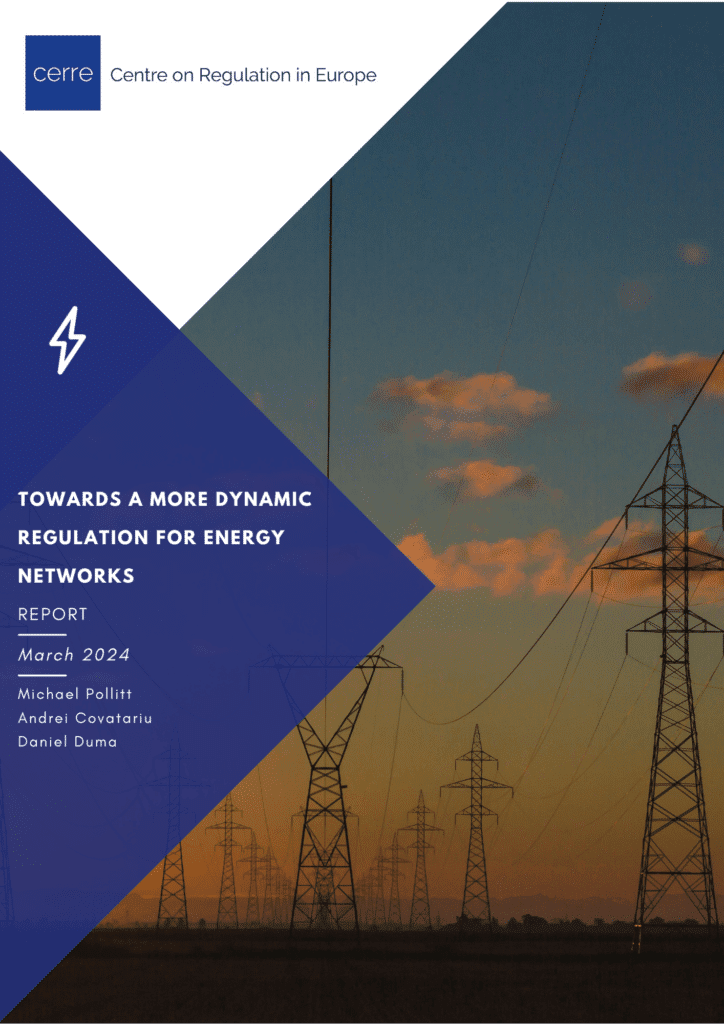Andrei Covatariu is an international energy and climate change expert. His activity focuses on climate and energy policies, concentrating on the energy transition process and its geopolitical, economic, and social challenges. Andrei’s views and policy analyses are constantly published and cited in international media. He holds multiple roles, working at the intersection of theoreticians (think tanks, academia) and practitioners (energy industry, international organizations, domestic), engaging with both private and public stakeholders, across Europe, the Middle East, and the United States.
Andrei is currently the Co-Chair of the Task Force on “Digitalization in Energy” and a Vice-Chair of the Group of Experts on Energy Efficiency at the United Nations Economic Commission for Europe (UNECE). Simultaneously, he serves as a Non-resident Scholar in the Climate and Water Program at the Middle East Institute (United States), a Senior Research Associate at Energy Policy Group (Romania), and an Associate Lecturer at the Bucharest University of Economic Studies, teaching energy and environmental policies. In 2021, Andrei co-founded ECERA, a network of sustainability practitioners aiming to produce policy-relevant knowledge, helping governments, companies, NGOs, universities, and others navigate the various facets of sustainability.
In the past, Andrei has worked for other for-profit companies, or with different multilateral and international organizations (e.g. International Energy Agency, World Energy Council), think tanks (e.g. Harvard’s Belfer Center; Energy Policy Group), or NGOs (Climate Reality Project, Climate Interactive, etc.).
Andrei holds a bachelor’s and a master’s degree in nuclear engineering, a master’s degree in business administration, and a master’s in public policy (MPP) from the Blavatnik School of Government, University of Oxford, with a summer project at the Belfer Center for Science and International Affairs, Harvard Kennedy School.





